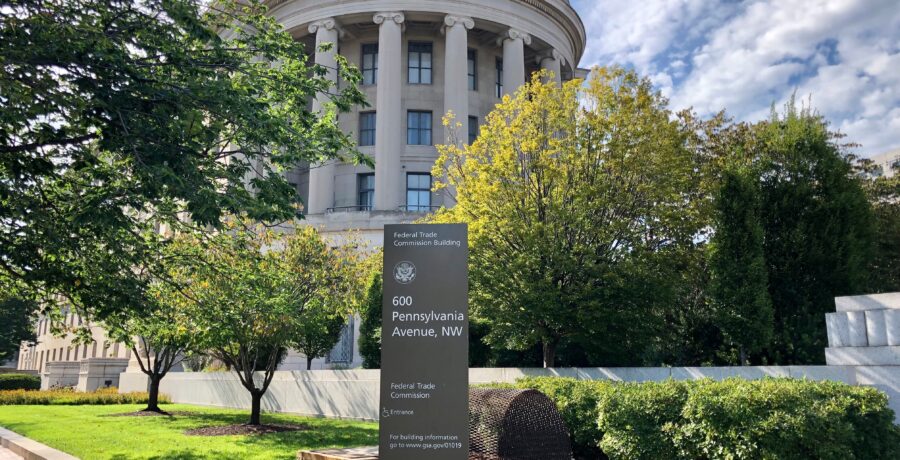On April 24, 2024, the Federal Trade Commission (“FTC”) enacted a nationwide ban on non-compete agreements. The potential consequences of the FTC’s decision could be concerning to employers as non-compete agreements have traditionally been viewed as a means of the employer’s protecting sensitive information and preventing employees from transferring proprietary knowledge to competitors.
This new rule, initially proposed in January 2023, imposes a comprehensive and broad ban on non-competes. The FTC Rule defines a non-compete clause as “[a] term or condition of employment that prohibits a worker from, penalizes a worker for, or functions to prevent a worker from” seeking or accepting work after their employment has ended, or operating a business after the conclusion of their employment. Any non-compete entered into after the effective date will be considered an unfair method of competition in violation of the FTC Rule. The rule is slated to go into effect 120 days after it is published in the Federal Register. Companies must deliver a notice to all employees that signed a non-permissible noncompete agreement that it will not be enforced.
Current non competes will no longer be valid except those that are in place for senior executives who earn more than $151,163 annually and are in a “policy-making position.” The rule does not apply to non-competes related to the sale of a business.
Non-compete agreements have long been a contentious issue within employment law. While they can serve as a useful tool for employers to protect their proprietary information, they also have the potential to limit employees’ limit employees’ job prospects and bargaining power. Subject to a successful legal challenge to this new rule, employees will no longer be bound by restrictive contracts that prevent them from seeking better employment opportunities.
The FTC ruled 3-2 in favor of the ban with two of the commissioners dissenting who believe that the rule is unlawful. The US Chamber of Commerce plans to file suit against the FTC as early as next week. Many have called into question whether the FTC has the unilateral authority to ban non-compete agreements.
As these expected challenges to the FTC’s ruling unfold, it is important for both workers and employers to stay informed about their rights and responsibilities under their restrictive covenants. The Wagoner Firm will continue to follow the developments relating to the rule and anticipated lawsuits.
